info@petprintstudio.com
How to Care For a Pet Chinchilla
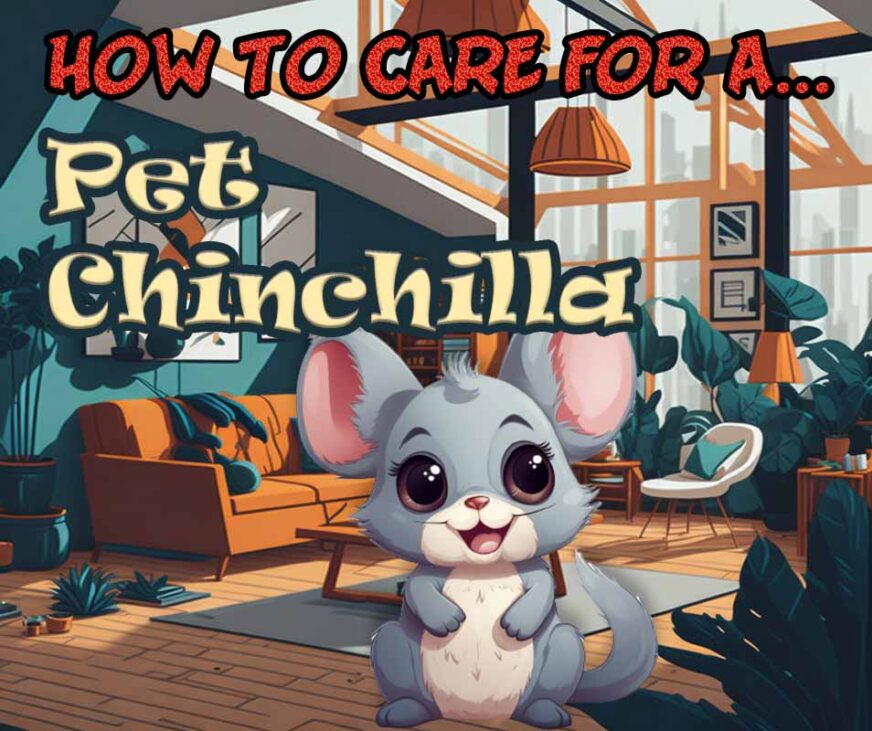
Pet chinchillas are adorable and fascinating creatures that make wonderful companions. If you’re considering bringing a chinchilla into your home, it’s essential to understand their unique needs and provide them with proper care. This article will guide you through the essentials of Pet chinchilla care, covering everything from housing to diet and healthcare.

Preparing the Perfect Habitat
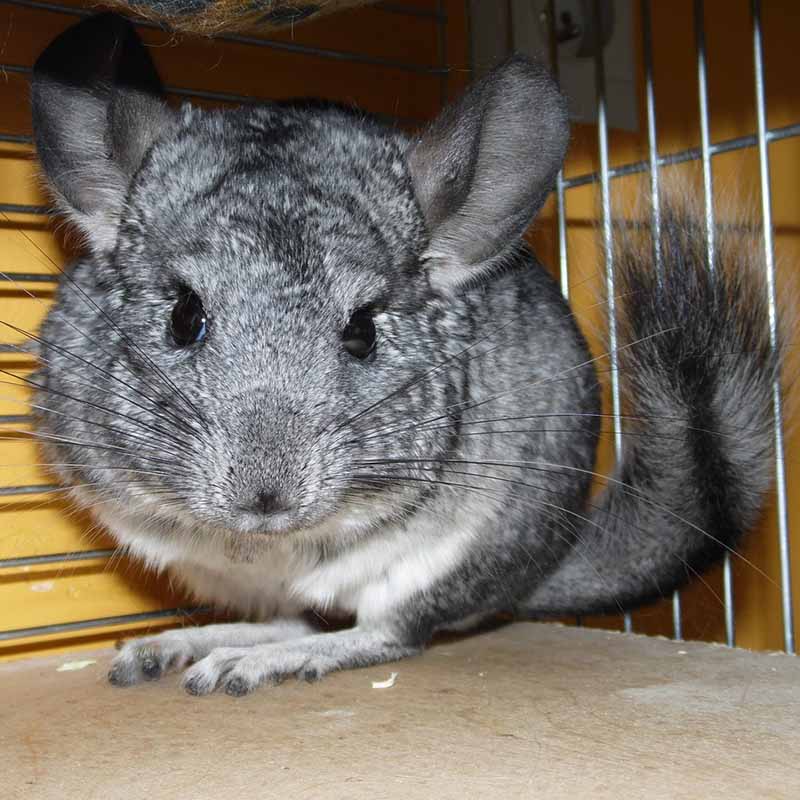
Before bringing home your pet chinchilla, it’s crucial to set up a suitable habitat. Here are the key factors to consider:
a. Cage Selection
Choose a spacious cage made of metal wire mesh or bars, ensuring that the gaps are narrow enough to prevent your chinchilla from squeezing through. Provide multiple levels and platforms for exercise and enrichment.
b. Bedding
Line the cage with appropriate bedding material such as kiln-dried pine shavings or aspen bedding. Avoid cedar bedding, as it can be harmful to chinchillas.
c. Hideouts and Accessories
Include a variety of hideouts and platforms inside the cage to allow your chinchilla to hide, rest, and play. Chinchillas enjoy wooden toys, tunnels, and chew blocks made of safe materials.
A Nutritious Diet
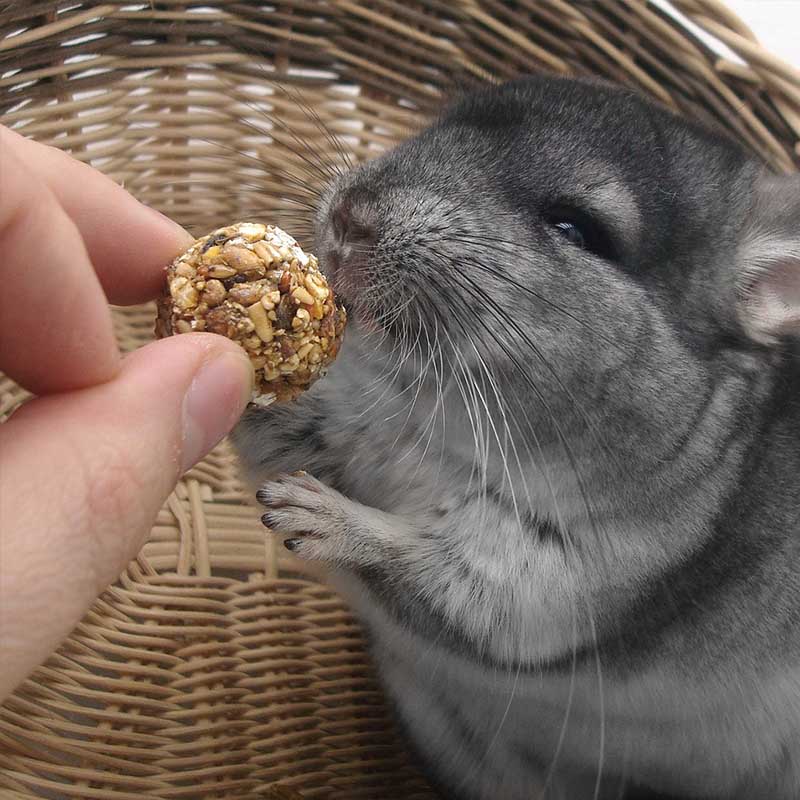
A well-balanced diet is crucial for the health and well-being of your Pet chinchilla. Follow these guidelines to provide optimal nutrition:
a. Hay
Hay is the foundation of a chinchilla’s diet. Offer unlimited amounts of high-quality, fresh timothy hay. It aids in digestion and helps wear down their continuously growing teeth.
b. Pellets
Choose high-quality pellets specifically formulated for chinchillas. These pellets provide essential nutrients and should be offered in limited quantities, as chinchillas can overeat.
c. Fresh Water
Ensure your chinchilla has access to clean, fresh water at all times. Use a water bottle with a sipper tube attached to the cage to prevent contamination.
d. Treats
Offer treats sparingly, as they can lead to health issues if given excessively. Opt for chinchilla-safe treats such as small pieces of dried fruit or occasional dust baths.
Grooming and Hygiene
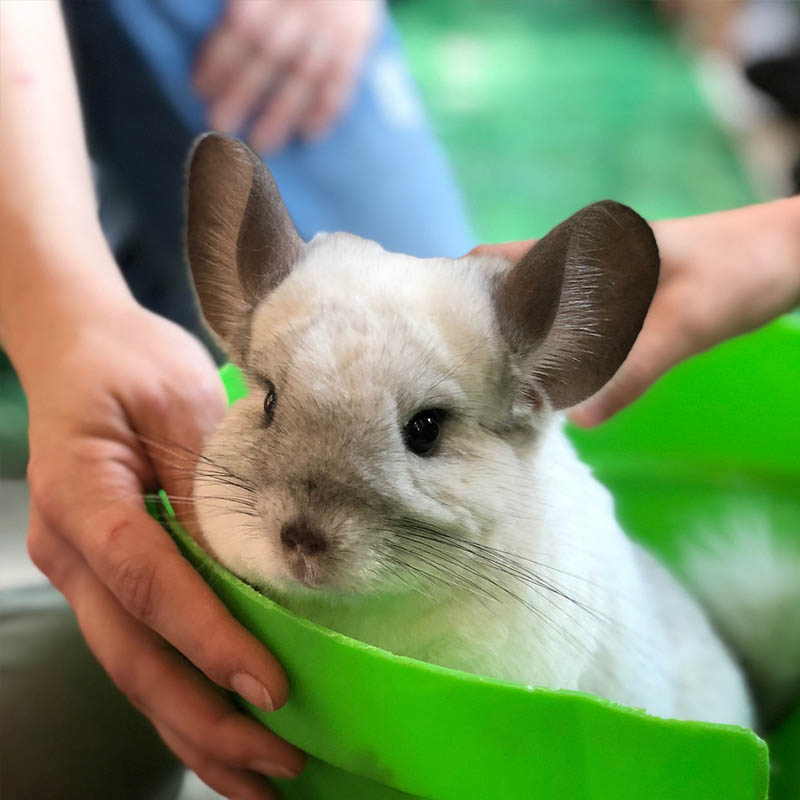
Maintaining good grooming and hygiene practices will keep your Pet chinchilla healthy and comfortable:
a. Dust Baths
Chinchillas have dense fur that needs regular maintenance. Provide a dust bath at least two to three times per week, using a special chinchilla dust that helps absorb excess oils.
b. Nail Trimming
Regularly check your chinchilla’s nails and trim them if they become too long. Be cautious not to cut into the quick, which can cause bleeding and discomfort.
c. Dental Care
Chinchillas’ teeth grow continuously, so provide plenty of chew toys to help wear them down naturally. If dental issues arise, consult a veterinarian with experience in chinchilla care.
Social Interaction and Exercise
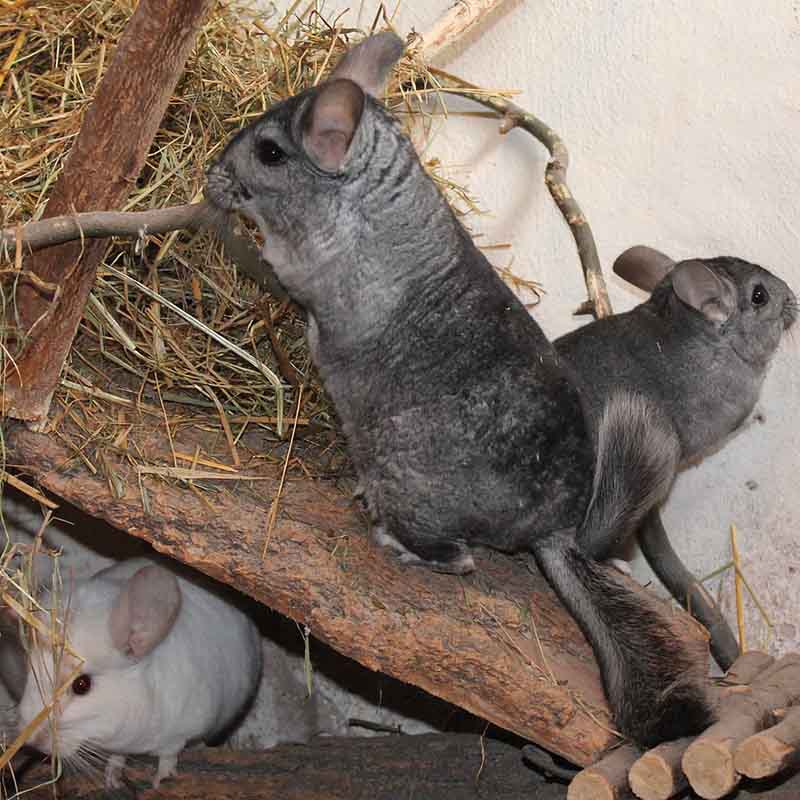
Chinchillas are social animals and require mental stimulation and exercise for their well-being:
a. Playtime
Allow your chinchilla time outside the cage for supervised play in a safe, chinchilla-proofed area. Ensure there are no potential hazards or areas they can escape into.
b. Chinchilla Companionship
Consider providing your chinchilla with a same-sex companion to prevent loneliness and promote social interaction. Introduce them gradually and monitor their interactions.
c. Exercise Wheels and Toys
Place an appropriate-sized exercise wheel in the cage to allow your chinchilla to run and burn off excess energy. Offer a variety of safe toys to keep them mentally stimulated.
Regular Health Check-ups
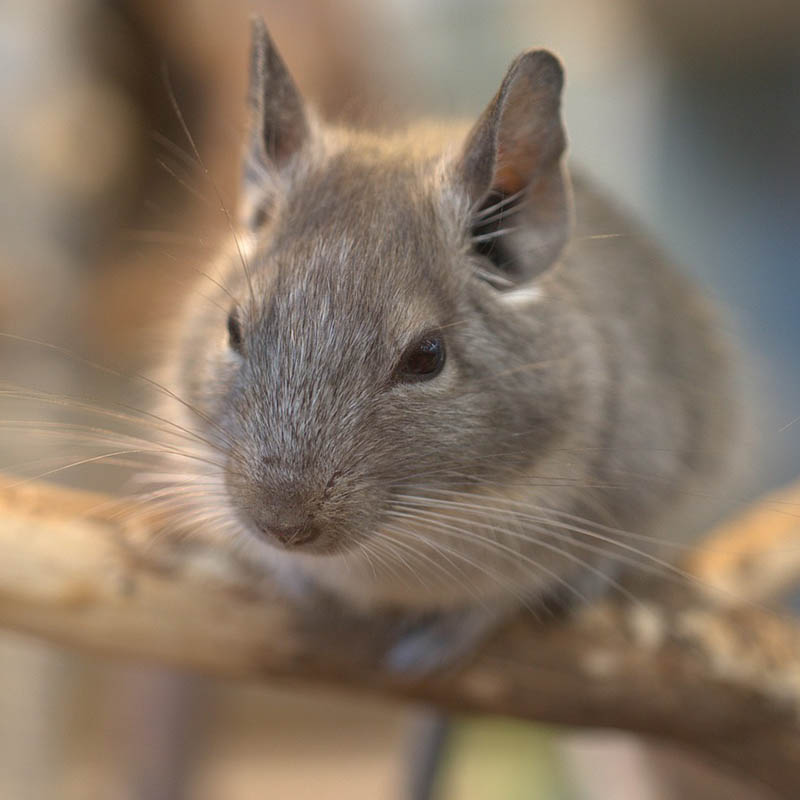
Maintaining your chinchilla’s health requires routine veterinary care. Here are some key points to remember:
a. Find a Chinchilla-knowledgeable Vet
Locate a veterinarian experienced in chinchilla care and schedule regular check-ups to monitor their health and address any concerns.
b. Signs of Illness
Be vigilant for signs of illness, such as changes in appetite, lethargy, weight loss, or abnormal behavior. Contact your vet immediately if you notice any concerning symptoms.
Conclusion
Proper care is essential for the well-being of your pet chinchilla. By providing a suitable habitat, a balanced diet, regular grooming, social interaction, and veterinary care, you can ensure your furry friend lives a happy and healthy life. Cherish the joy of having a chinchilla companion and enjoy the wonderful bond you’ll develop over time.

